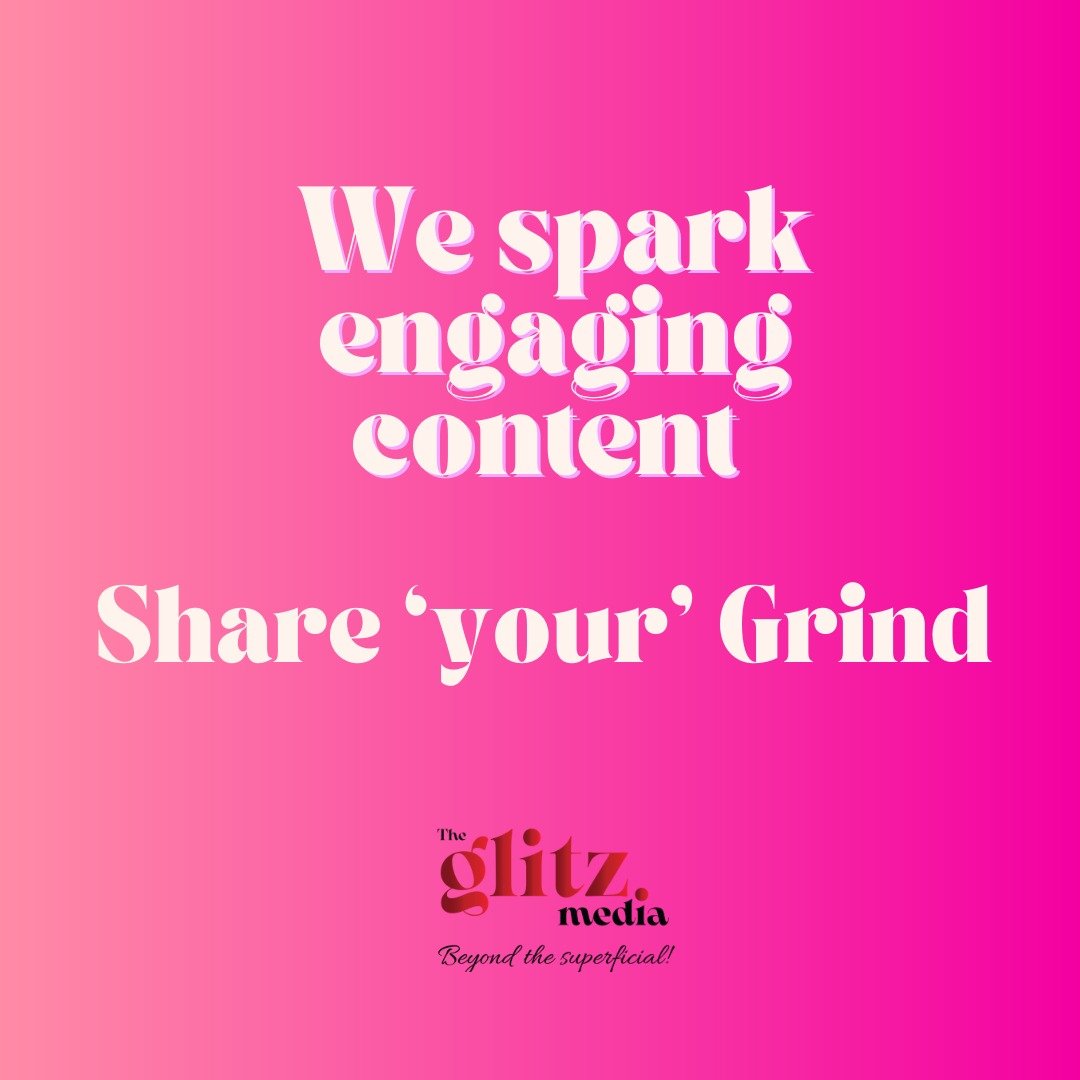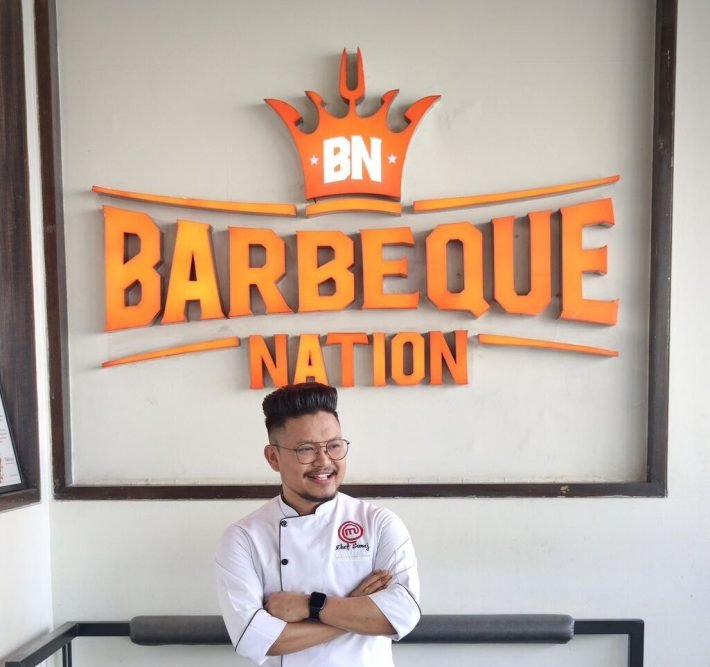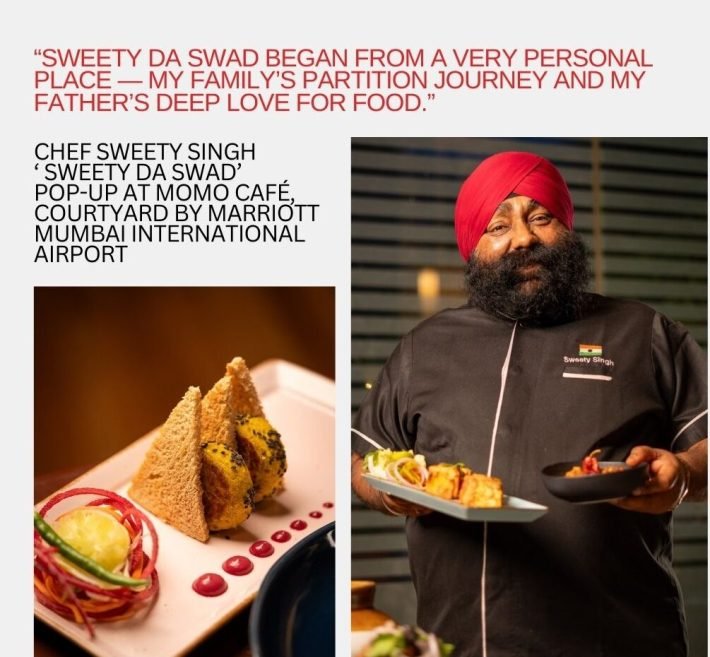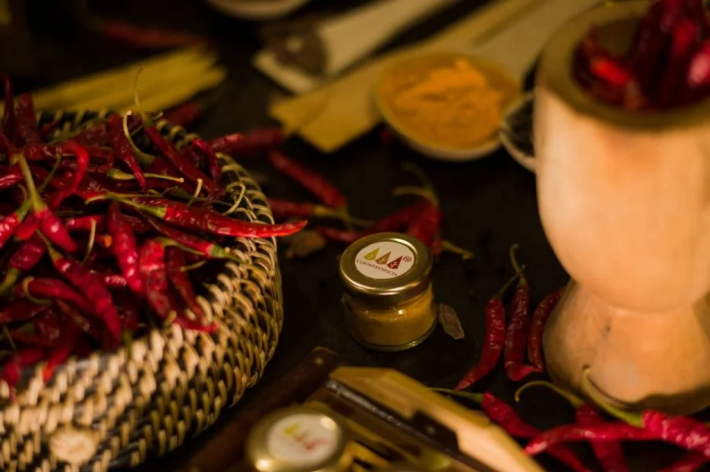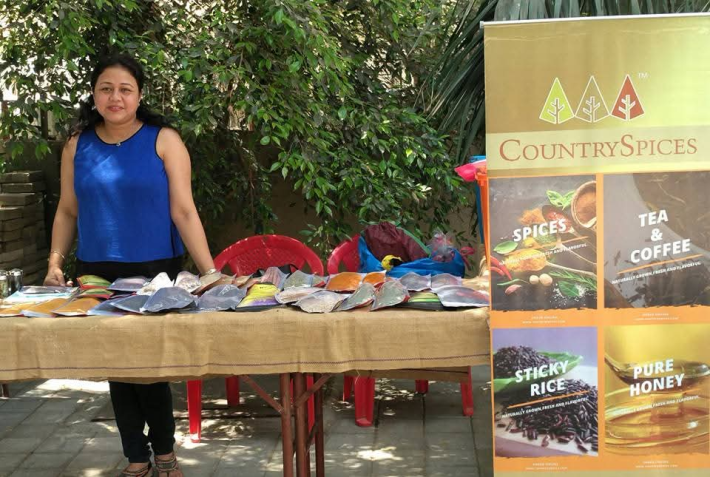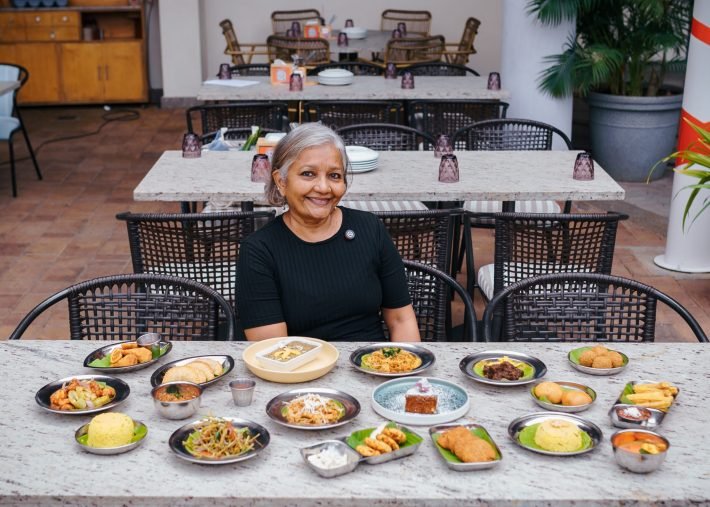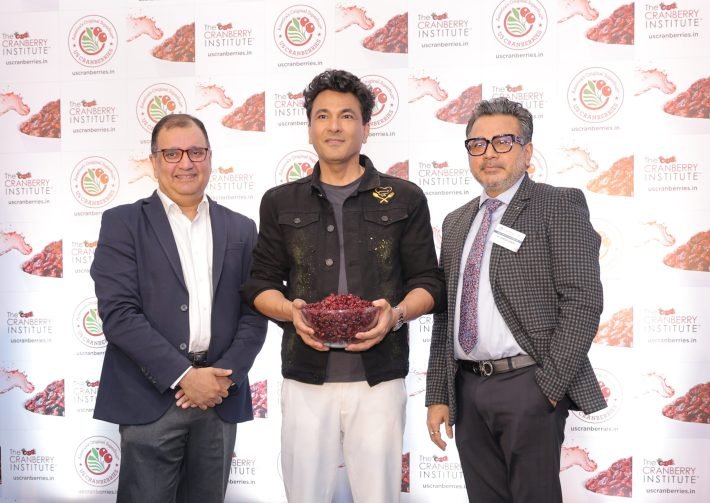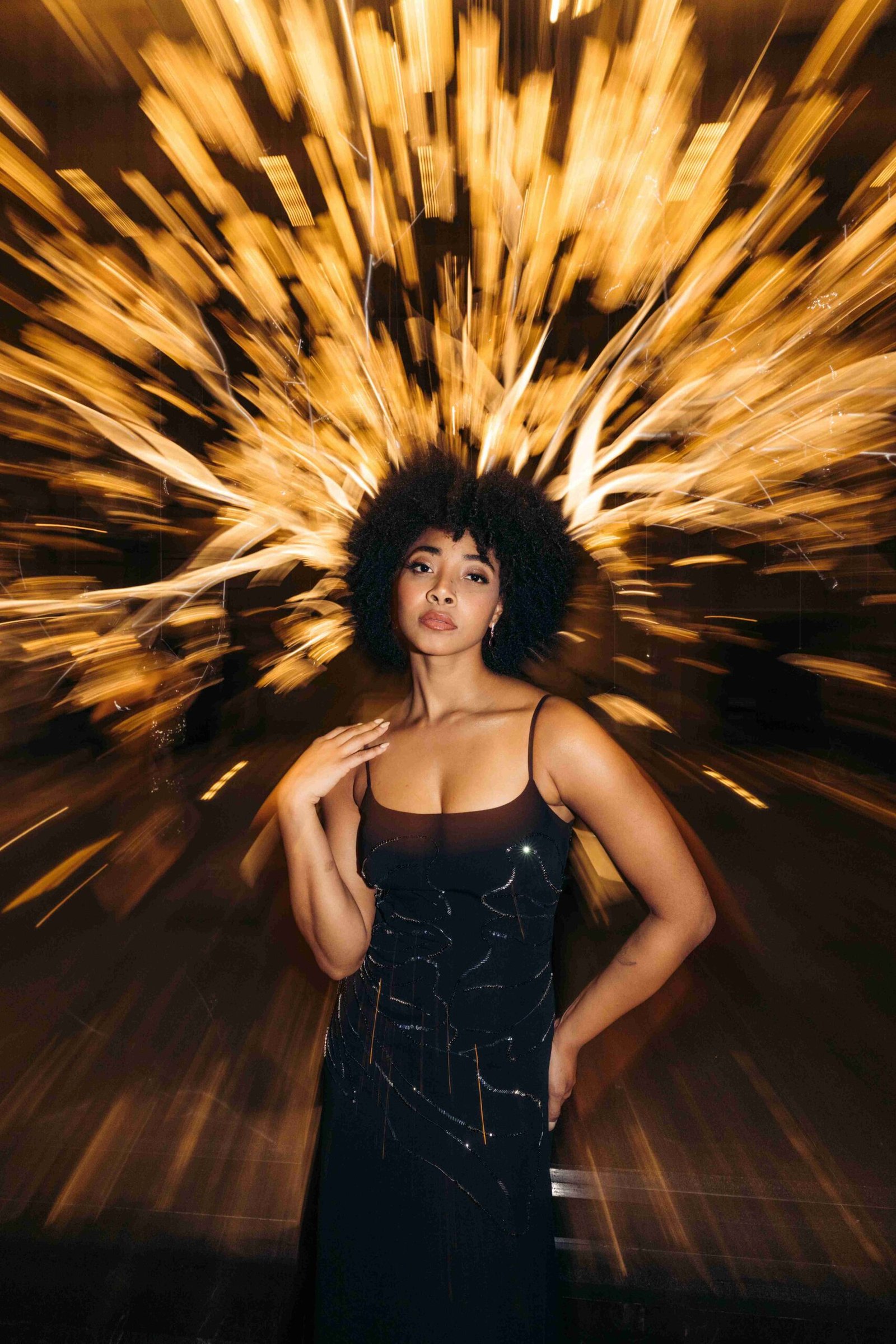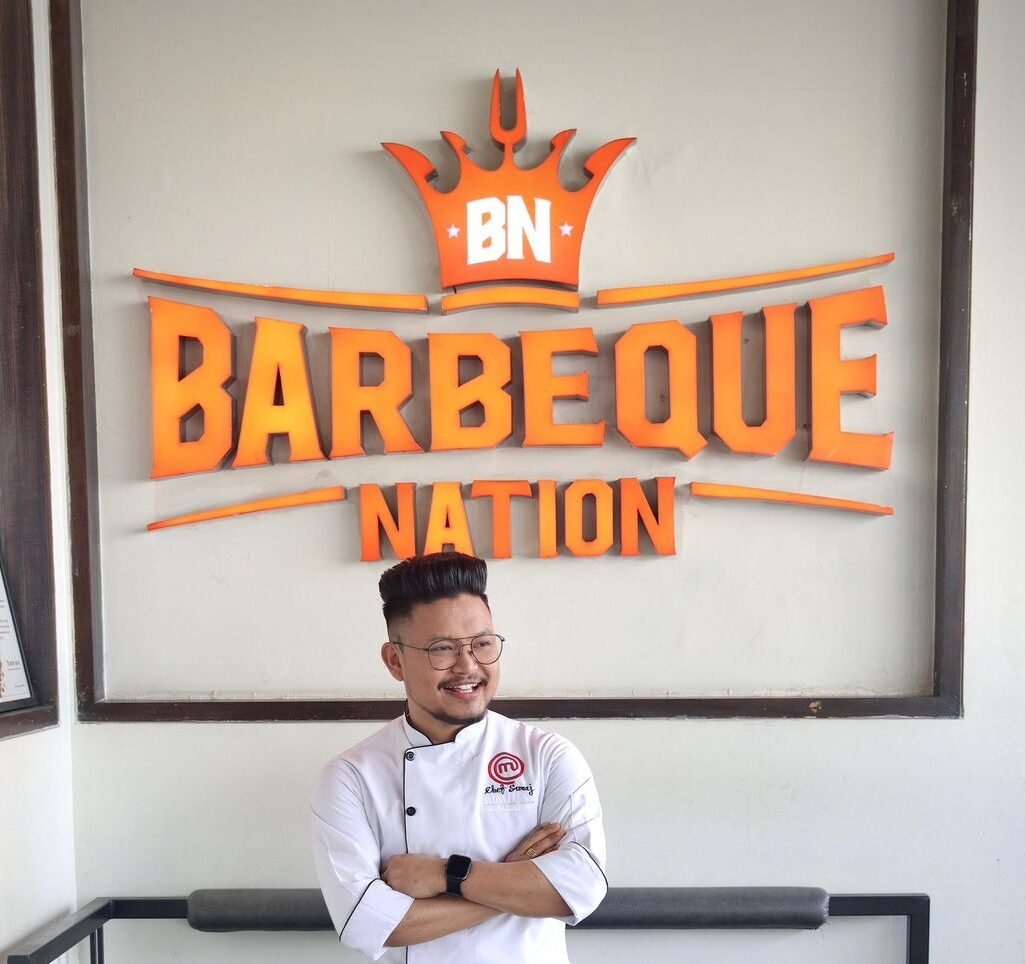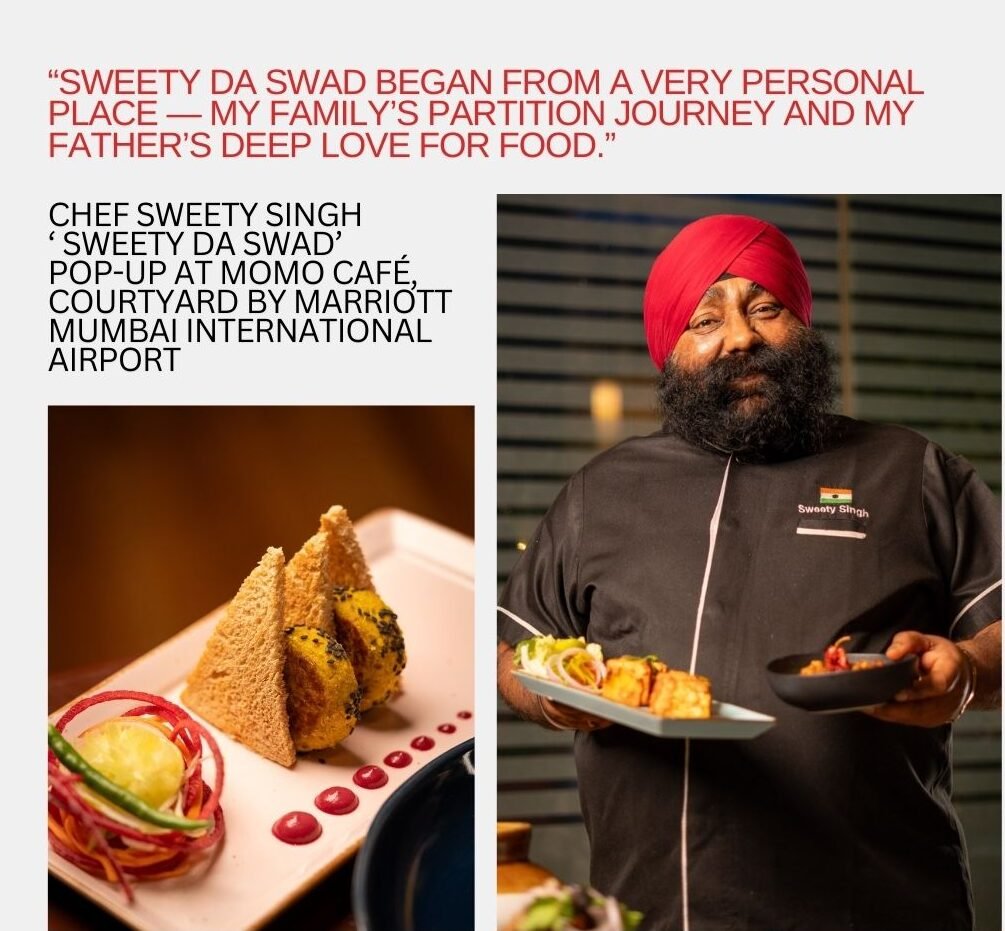Forget green juices and fleeting fads… Bryan Hoare isn’t here to sell you a three-day cleanse. With nearly four decades of experience across 20+ countries and a résumé that reads like a wellness world tour (think Chiva Som, Six Senses, Oberoi, and more), Bryan is the calm disruptor quietly rewriting the script on what it means to actually be well. Equal parts physiologist, behavioural strategist, and master of making sense in a sea of pseudo-science, Bryan is the brain behind The Farm at San Benito, Philippines’ bold evolution… from Instagrammable detox destination to grounded, science-backed sanctuary.
Armed with a Master’s in Exercise & Nutrition Science, an MBA in Organisational Psychology, and an unshakable belief in progress over perfection, Bryan is not just preaching mindful living, he’s lived it, sweat through it, and come out the other side with purpose and clarity. As The Farm moves into a new era of structured transformation, Bryan’s voice is the one whispering (and sometimes challenging), “This isn’t about escape. It’s about showing up — for yourself.” In an exclusive with Sumita Chakraborty, Editor-in-Chief, TheGlitz, Bryan Hoare, Wellness Strategist at The Farm at San Benito, Philippines, dives deep into redefining wellness, behavioural breakthroughs, and why true transformation starts from within.
Over To Bryan Hoare, Wellness Strategist at The Farm at San Benito, Philippines

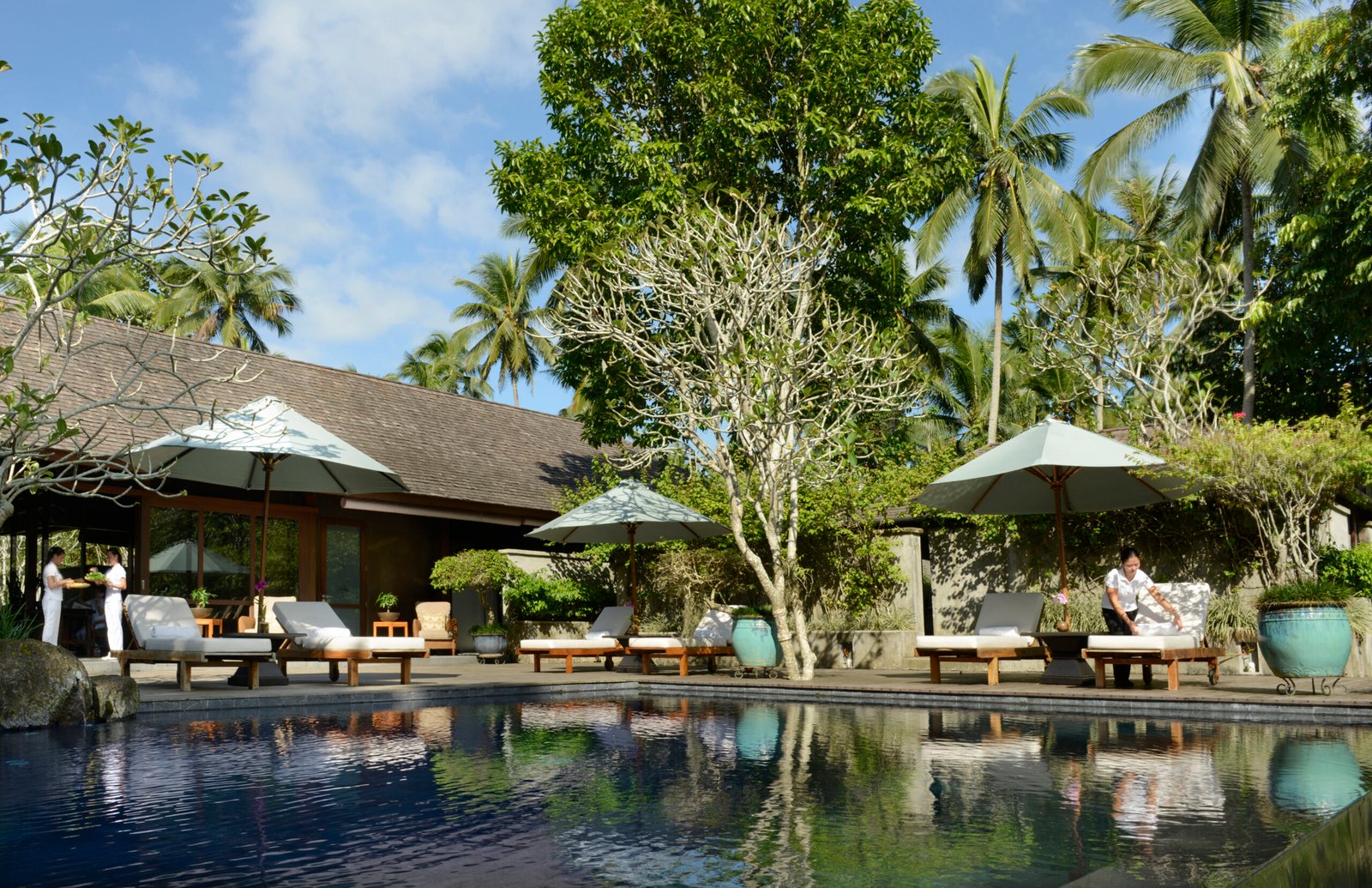
What has been the most significant change you’ve observed in the industry during your career?
Bryan: I’ve been doing this work since 1987, when I was just 16 – I started as an exercise coach. Over nearly four decades, the biggest shift I’ve seen is the move from trend-driven wellness to something far more essential: committed, personal transformation. Wellness isn’t a lifestyle accessory – it’s the act of remembering who we are and choosing to live fully until the day we die. People want to be well not just now, but for as long as they can – moving through life with energy, presence, and as little decline as possible.
The formula is timeless: eat well, sleep deeply, move often, manage stress, avoid harmful substances, nurture meaningful relationships, and find purpose that can carry you through difficulty. Wellness is simple – but never easy. It’s not about being perfect; it’s about staying present. The people who are really in it know: real wellness is messy, often uncomfortable, and always evolving. The real work is learning to sit with life as it is.
When working in India, some colleagues affectionately called me Babaji – not for my aging state, but for my sense of presence. I take it lightly. We are our own Babaji, or we should be. Wisdom doesn’t arrive – it’s earned, day by day, by paying attention and showing up.
How do you tailor wellness concepts to fit different cultural contexts and local expectations?
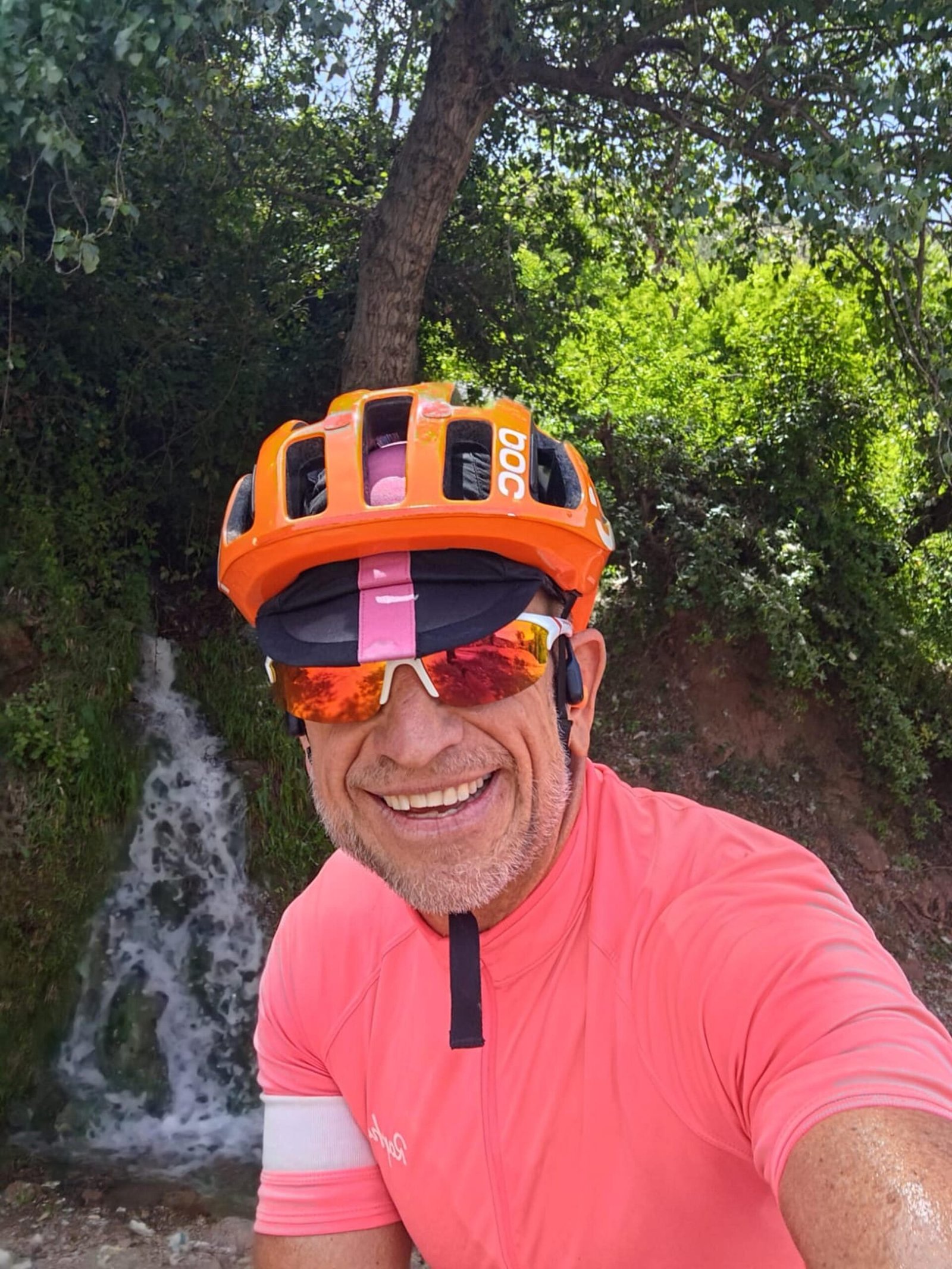
Bryan: Each place teaches me something new. Wellness can’t be imposed – it has to rise from the culture, the people, the land. I’ve worked in cities and jungles, deserts and islands, and the first responsibility is always to listen.
In Asia, it’s often unspoken – rooted in subtle energy, shared rituals, and the need to honour community. In the Middle East, wellness touches privacy, family, and a return to traditional ways – even in fast-moving cities like Dubai. In Europe, it leans toward mastery and structure, where depth is valued over display. And in Africa, where I grew up, healing lives in rhythm, community, and the joy of the everyday.
The core principles stay the same – presence, care, connection – but the expression should always reflect the soul of the place. My job is to uncover that, to shape something that already wants to exist – while drawing from best practices and cross-industry insights to build models that actually make sense in the real world of wellness.
How are you integrating wellness into the overall brand experience at The Farm? What makes the concept unique?
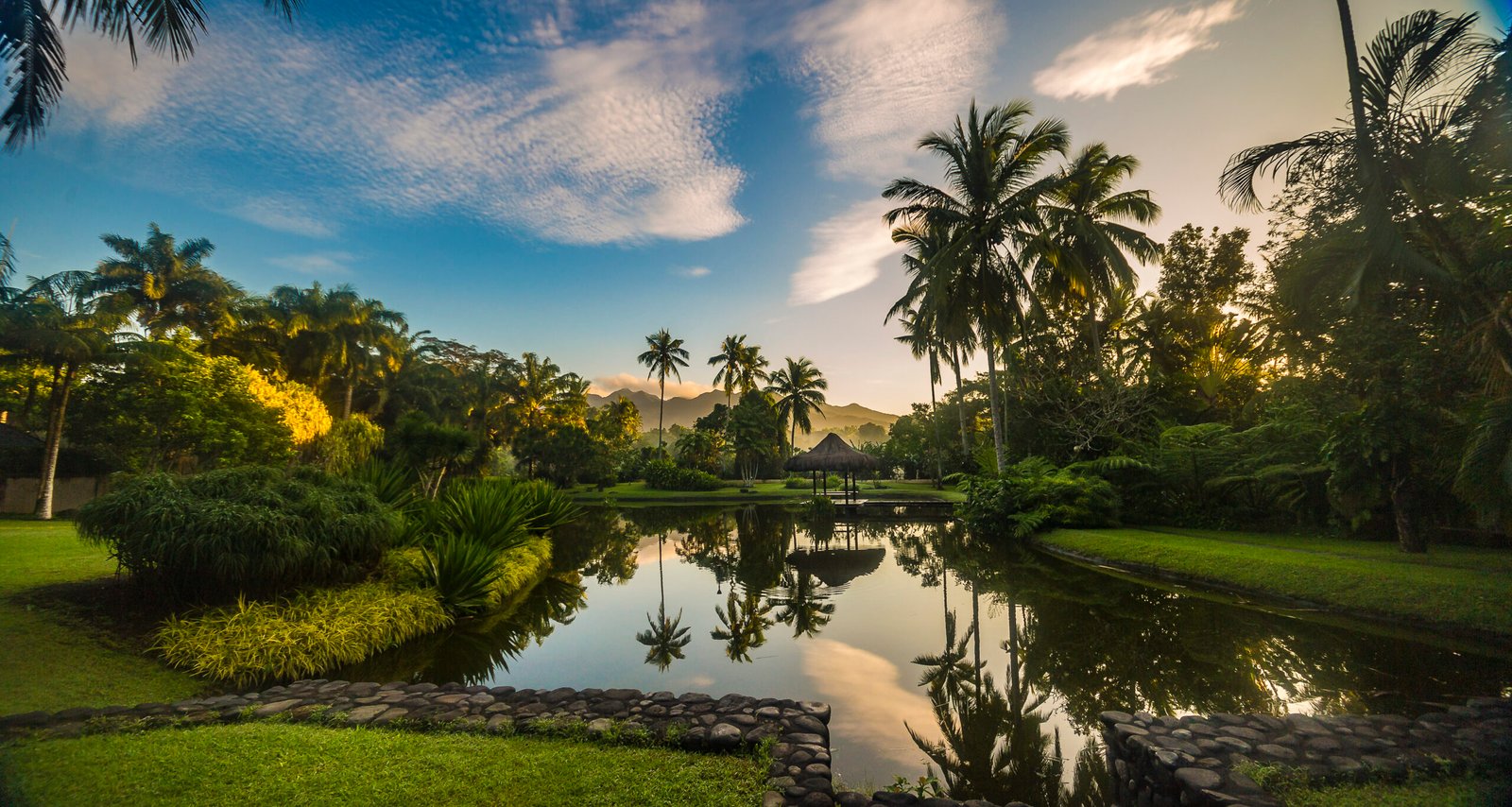
Bryan: We don’t deliver wellness to people. We create conditions for them to engage with it. From the way time flows to how spaces are designed, everything is intentional. Guests are invited to reflect, recalibrate, and choose what matters – without pressure.
We’re building something you can’t capture in a tagline. It’s not loud. It’s not transactional. But it moves people. The change is happening quietly – almost without them noticing. And that’s the point. What we’re doing isn’t theatrical. It’s real.
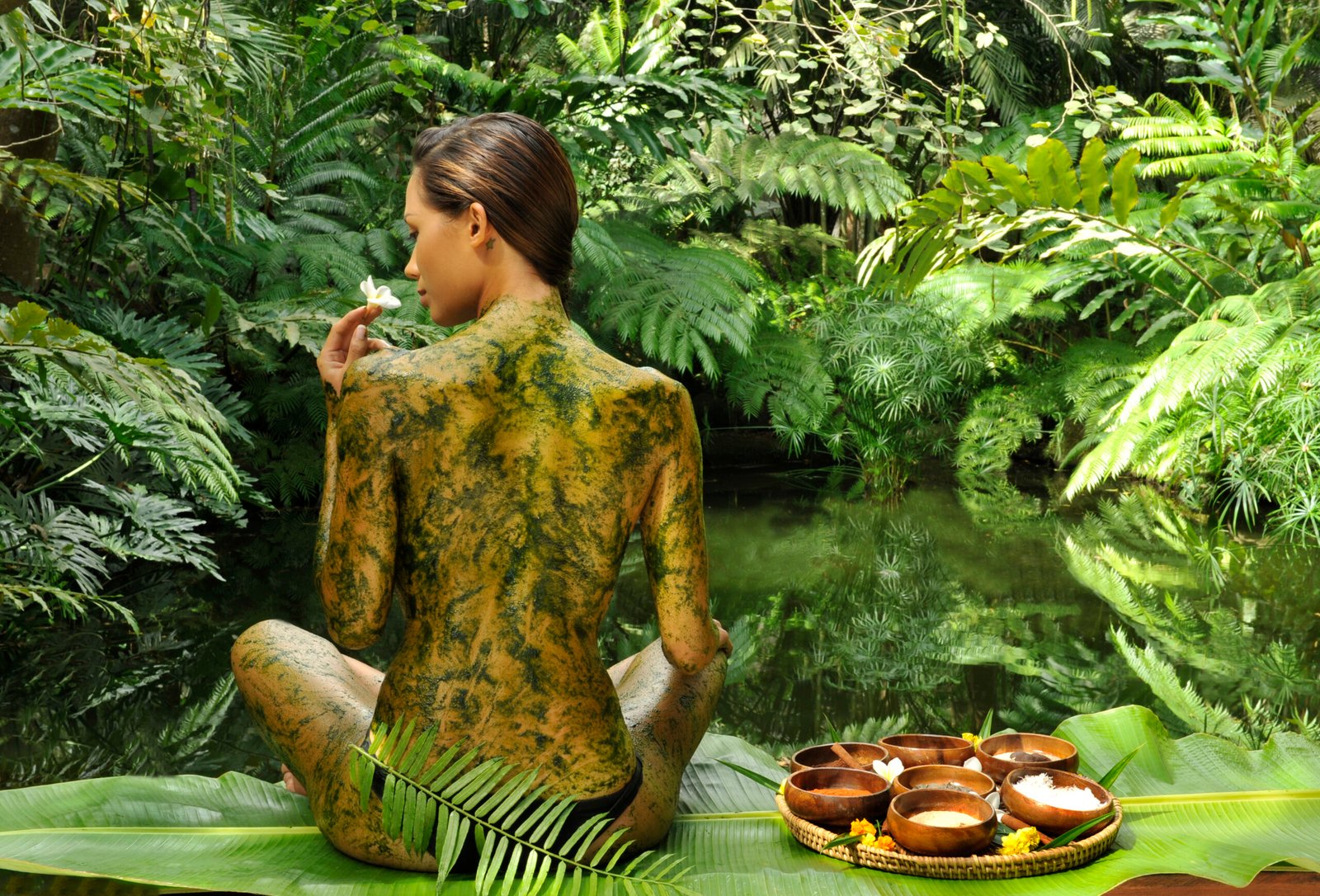
How do you balance luxurious experiences with genuine wellness?
Bryan: Wellness isn’t luxury. It’s a human right. My father spent decades working for WHO and other aid organisations in Africa and Asia. I was raised to believe that access to health and dignity shouldn’t depend on wealth or geography – it should depend on humanity.
Even when I’m working with the world’s most exclusive brands, the question remains the same: How do we use this platform to offer something generous, honest, and true? Wellness shouldn’t create distance. It should build bridges – between people, ideas, and lived experience.
True wellness isn’t about indulgence. It’s about responsibility. For ourselves, for each other, for the communities we shape. That’s not a modern idea. It’s ancient. And still entirely relevant.
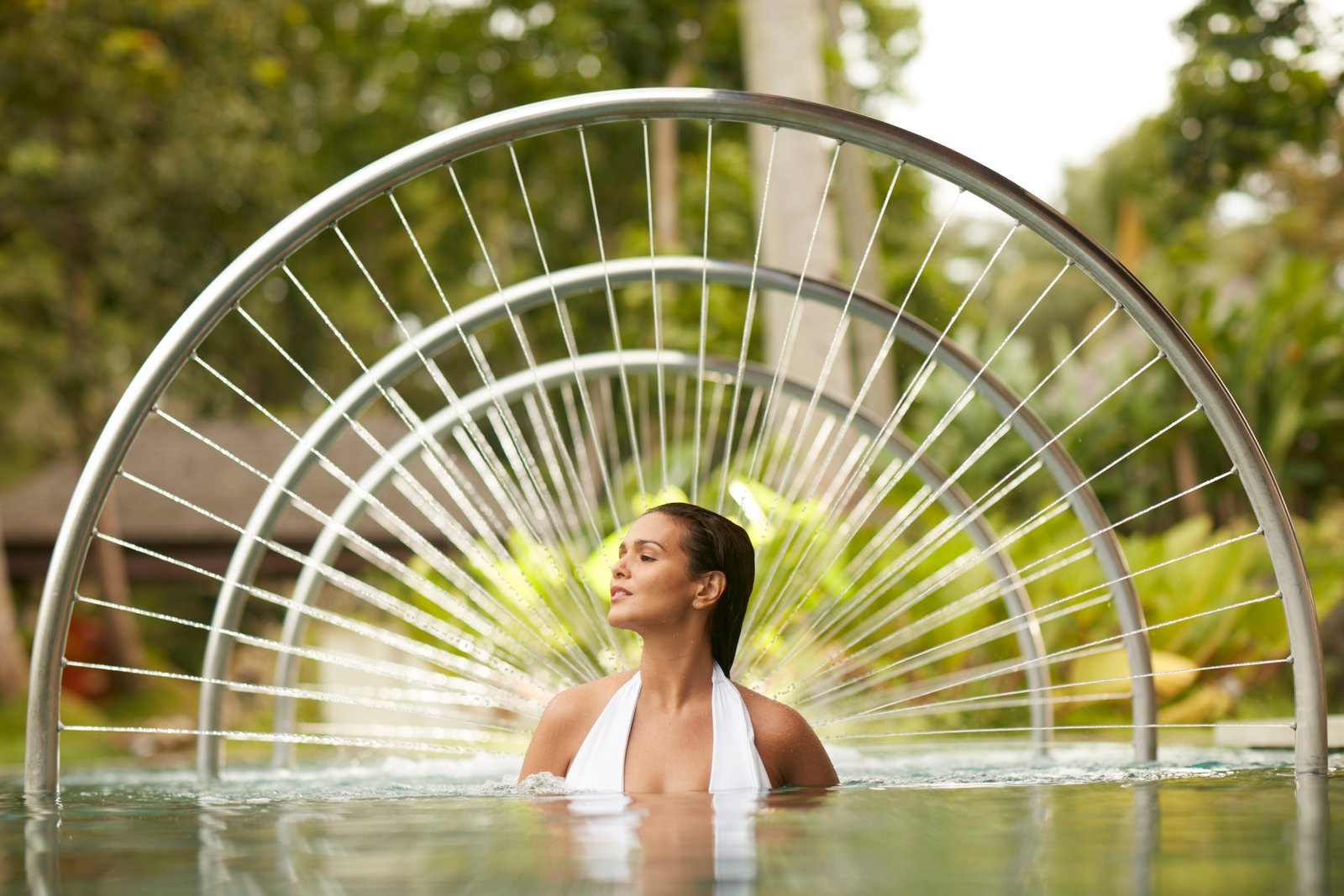
How do you ensure wellness concepts are brought to life during the pre-opening phase?
Bryan: No two openings are the same. Some give you space to build with clarity. Others require you to navigate systems, personalities, and compromise. But in every case, the principle stays the same: if we want to create spaces of care, the people building them must be cared for too.
Wellness isn’t something we design for guests while ignoring ourselves. It needs to live in the process. That means building teams with respect, alignment, and purpose. You can’t fake culture. Guests feel it the moment they arrive.
As a wellness consultant for various luxury resorts, you’ve likely worked with many high-profile stakeholders. How do you align their goals with the development of a wellness program that resonates with guests?
Bryan: Every stakeholder brings something different – finance, operations, brand, guest experience. I don’t force wellness into their model. I look for where our values overlap and build from there.
Education matters. In wellness, not everything can be measured in a spreadsheet. The biopsychosocial model shows us that what helps one person may not help another. That’s not a weakness – it’s a reality. So we build systems that are flexible, grounded, and human.
If something supports a person’s growth, it has value. Even if it doesn’t fit neatly into a metric. I come to each project with structure – yes – but also curiosity. I’ve learned that staying inquisitive keeps me relevant, useful and youthful!
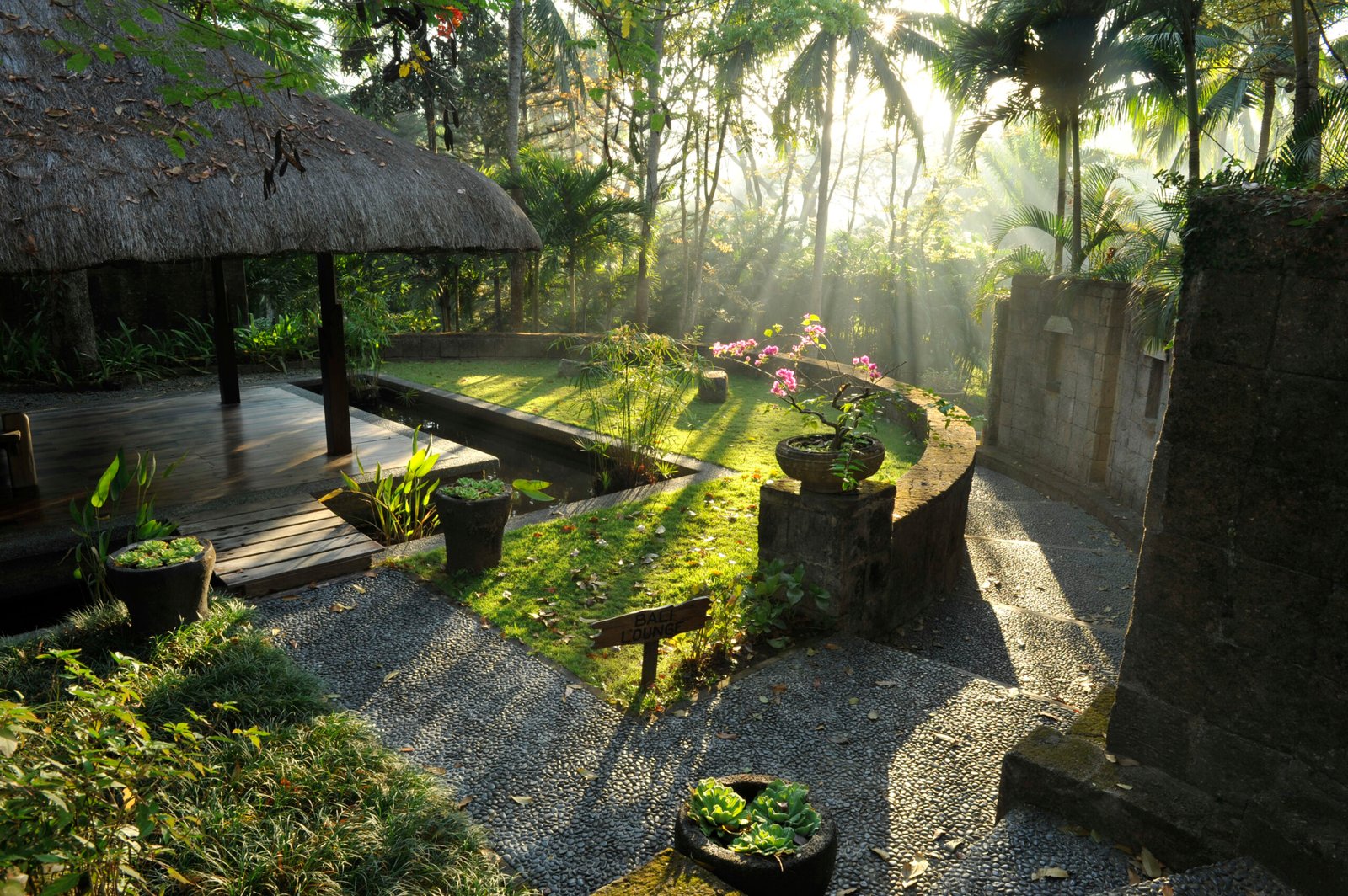
Looking ahead, what do you think is the future of wellness in luxury hospitality? Are there any new trends or innovations that you believe will define the next generation of wellness retreats?
Bryan: The future isn’t another gadget or treatment room. It’s behaviour. Nervous system literacy. Emotional fluency. Resilience. Living life engaged, not on autopilot.
Tech will help – but presence will matter more. The ability to slow down, to listen inward, to act with intention. That will become the new luxury.

What we need now isn’t more product. It’s more connected. The wellness experiences that last will be the ones that help people integrate – not escape – the complexity of their lives.
When I’m working on new ideas, I invite critique. I ask five or six people I trust. People who challenge assumptions, who are blunt when they need to be. I also ask the least experienced person in the room: “Can you explain what we’re doing?” If they can’t, then we’ve missed the mark.
Simplicity isn’t the enemy of depth. It’s the way into it. That’s the future I’m interested in … built on curiosity, clarity, and collaboration

